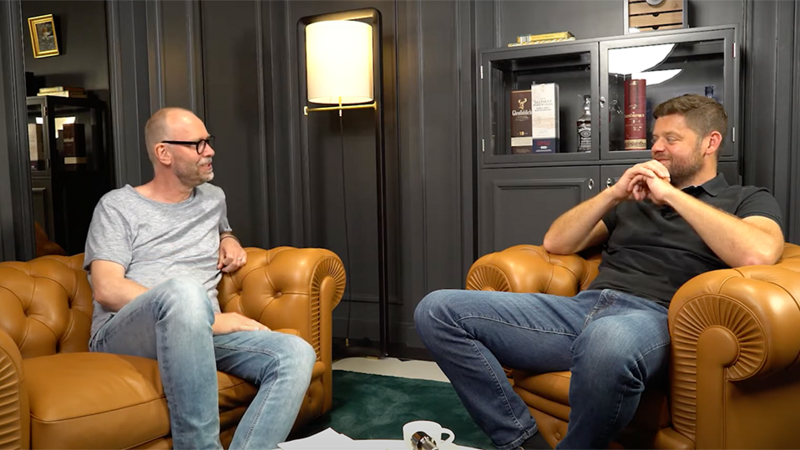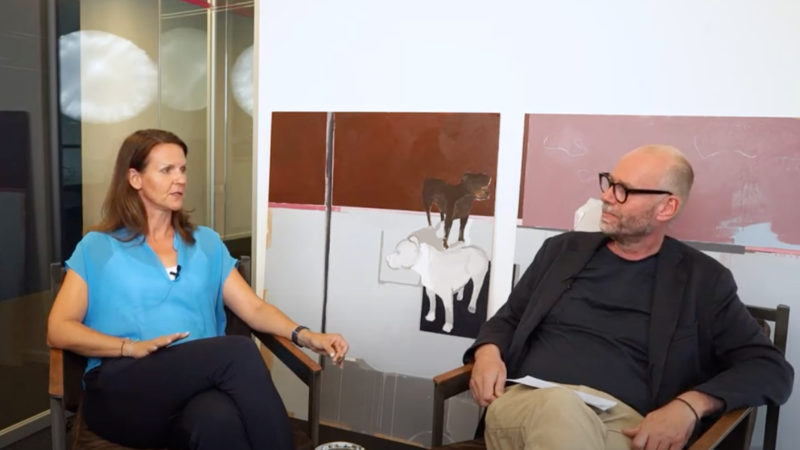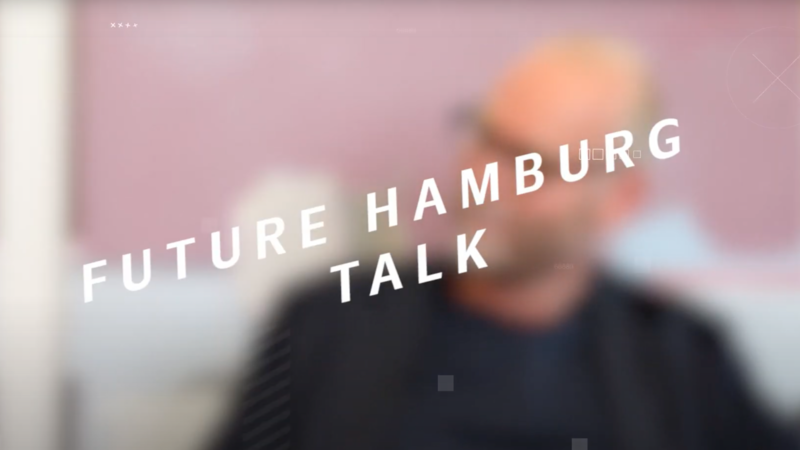Oehme: The services sector is a very striking part of New York's economy. That has the advantage that people can do plenty from a distance. There are many large and smaller law firms in the city as well as many auditors. Google and other IT companies employ huge workforces in New York City. Many catering establishments and grocery stores have set up delivery services. New York City is also a centre of medicine and has many top hospitals. Virtual doctor's visits are rising rapidly. In general, Americans have fewer reserves about using virtual services. Department stores and shops including shopping malls have reopened, but most of the trade is already done online and will increase. It's not just Amazon. Everyone is offering something online. The mail order business was invented in the U.S., so there are few inhibitions among the population. You can even view an apartment virtually.
Hamburg News: Are there support measures for businesses?
Oehme: Since the start of the pandemic, there have been extensive programmes on federal, state and city levels to help those affected. However, that saw some workers receiving more money for a few months than they would have actually earned. As a result, many people lacked interest in returning to work. Meanwhile, unemployment figures are falling albeit it remains high. In the U.S., it is common practice to re-hire people quickly when the need arises as recent recessions have shown.
Hamburg News: How do you rate the situation in the cultural sector?
Oehme: The cultural sector has been dealt a severe blow e.g. Broadway, the Metropolitan Opera, concert halls and even the many comedy and music clubs. The same applies to museums, which are now slowly reopening but with greatly reduced visitor numbers. There is speculation that museums may have to sell some exhibits to make up the deficit. Theatre performances are not expected to return to stages before 2021. However, there are plenty of digital offers available for a fee, and which are not free of charge. One exception is the New York Philharmonic, whose soloists drive into the districts on pick-up trucks and play live music for free.
Hamburg News: Have stronger local structures re-emerged as in Germany and many other countries?
Oehme: There is both private and public support for providing food to people, who cannot afford it. Many individual initiatives do not receive much (media) attention, but are very active nevertheless.
Hamburg News: Digitalisation has emerged as one of the biggest benefits of the corona crisis. Is that true for New York City and State?
Oehme: New York has always been at the forefront of digitalisation and will continue to do so. After Hurricane Sandy hit, I gave everyone in my office an opportunity to work from home. Artificial intelligence will spread faster as more and more companies are seeing the benefits. In the personal area, streaming services, including Netflix, and many others have grown strongly. It remains to be seen how many people from outside New York continue to work via the internet. Certain voices have definitely advocated for people to return. Reed Hastings, CEO of Netflix, for instance, opposed remote working in an interview with The Wall Street Journal on September 7, 2020. New York is THE American media city and digitalisation will trigger plenty of changes there in the coming years.
Hamburg News: Thank you for the interview, Mr. Oehme.
imb/sm/kk/pb




